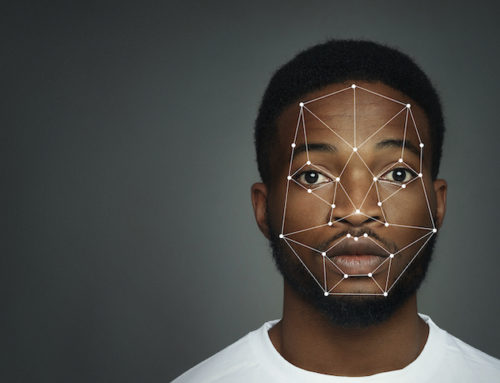Jayson Waters
AI and other algorithmic technologies have long played a major role in global society and governance. We have previously explored how ‘dumb’ AI supports and maintains fundamental infrastructure and services. In an interesting turn that will impact your shopping basket more than warfare, supermarket chains around the world have begun implementing AI enabled facial recognition and tracking in their stores.
According to a recent article by Bryan Pearson published in Forbes, stores such as Walgreens, Guess, and Kroger are using AI systems to tailor and target ads to customers. Unlike traditional sales database systems that can only track individual products, AI systems can track purchasing patterns and trends en masse. In turn this information can be used to better determine the susceptibility of customers to various ads and ultimately adapt the shopping experience – from lighting to pricing – to individual users in-store.
Guess and Alibaba have teamed up to create a flagship smartstore in which everything from mirrors, clothing racks, and fitting rooms will have embedded AI. According to Edward Park, senior vice president at Guess North America, “Every item is enabled with Bluetooth low-energy chips, RFID and motion sensors, which enable all of our inventory to be tracked and analyzed.” This data, if analysed properly will also allow Guess to monitor traffic patterns and customer interest in items.
On the plus side AI technologies could allow companies to better predict which products will appeal to customers and thus avoid waste by not producing certain items. Alternatively, the greater depth of knowledge regarding customer preferences may allow advertisers to influence customer choices to a greater degree than ever before.
See here for the full article.







Leave a Reply